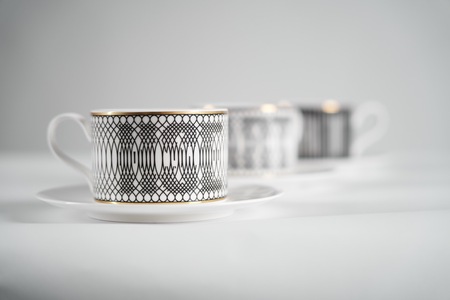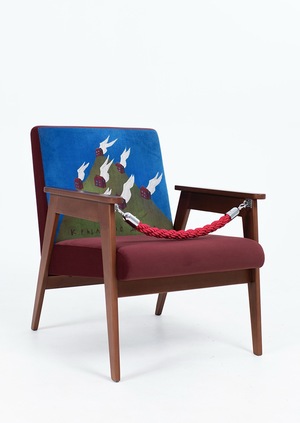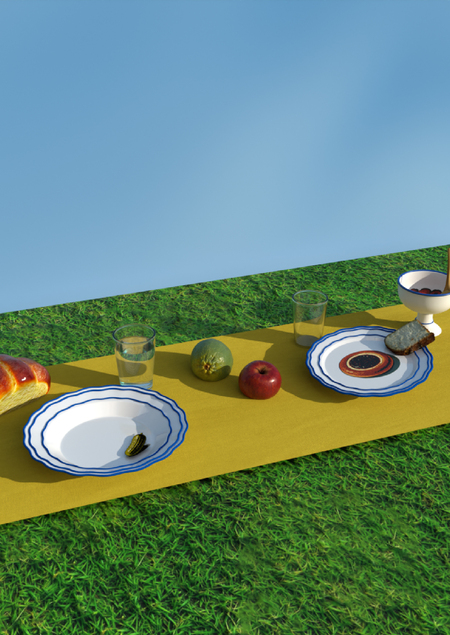
GastroPOPRC Susdal

Suzdal’s kitchen is a living expression of cultural heritage, as significant as music, a people’s costume, or affluence. Cooking traditions and eating habits reveal the soul of the people as much as they do. The history of the region through food shows the fate of the inhabitants as vividly as any cultural monument.
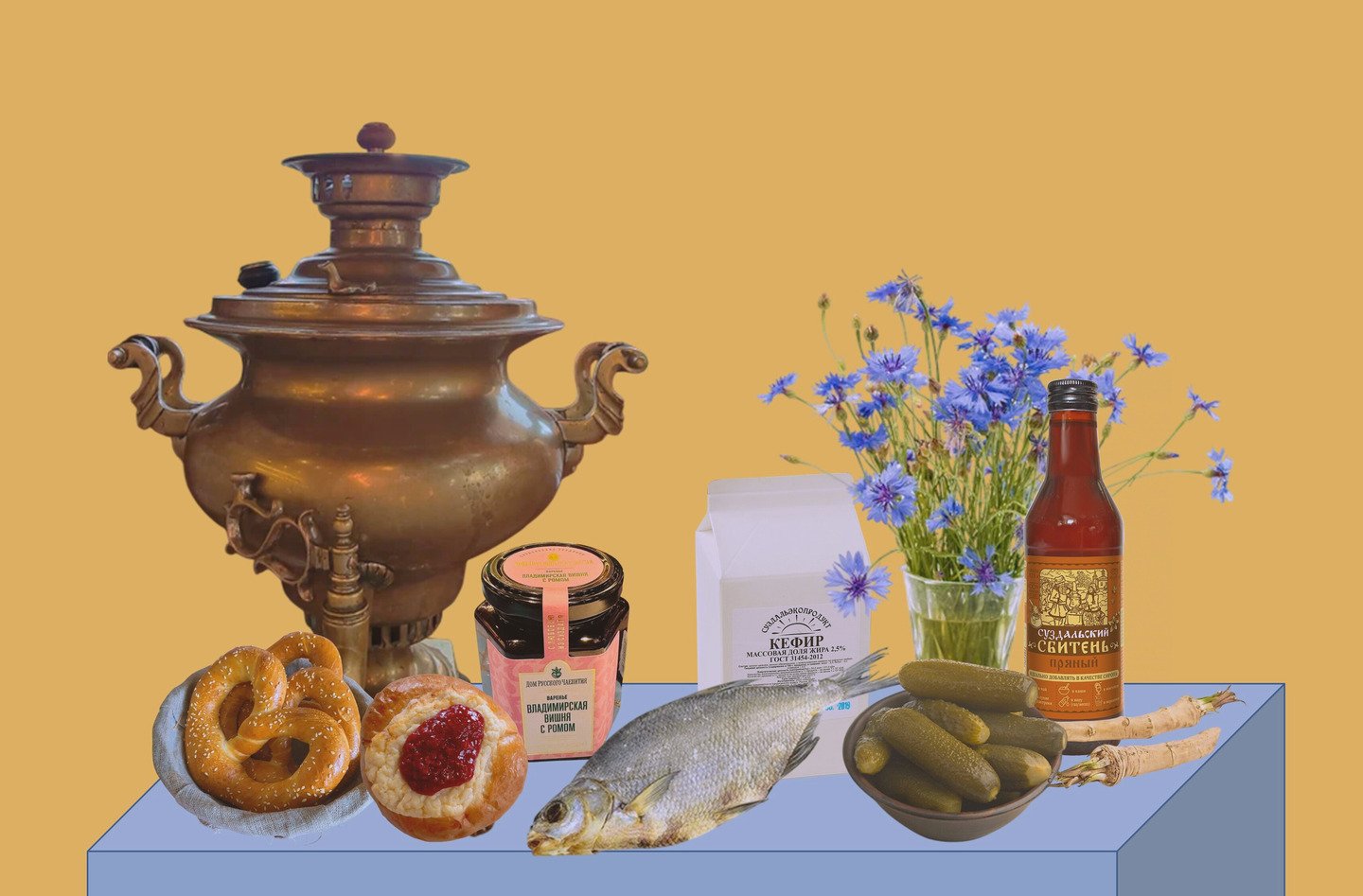
It was and continues to be an important commercial and spiritual center, as reflected in its kitchen: monastic salts, spicy honey, stewed game, fish from local rivers, rye bread, and kwas. It’s not just food, it’s edible artifacts.
My idea is to turn Suzdal’s gastronomy legacy into a pop artycon, a visualally powerful cultural code. The Susdal cuisine deserves to become not just a tradition, but a cultural meme recognized as a pop-art brand — bright, symbolic, provocative. Just as the Suzdal temples have become architectural icons, so its gastronomy can turn into edible art.

«SHOULD» (supper plate)
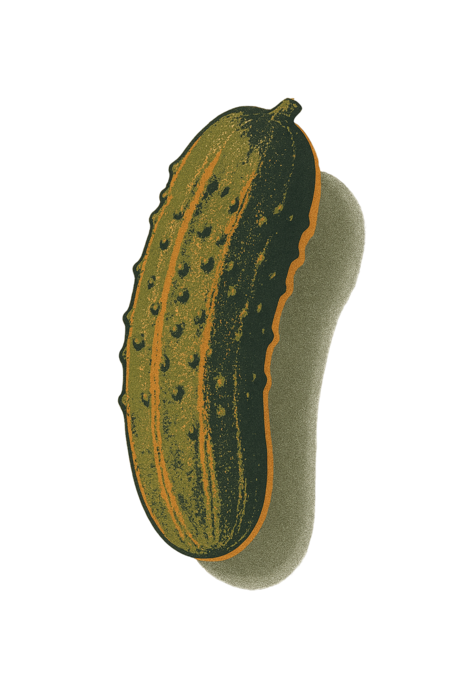
One of the most famous gastronomic symbols of the city of Susdal is a cucumber. This vegetable has become famous because of its unique taste, affinity and aroma, which the local inhabitants attribute to the soil and climate of the region. The city holds an annual pickle festival, where tourists from all over the country travel to try dozens of species of cucumbers, pastries, and even desserts.
Details: Material: Ceramic Appointments: Soup Platter Diameter: 23 cm Height: 3.5 cm Figure: — Decol in the centre of the «Bunk of Homing Soup» — Reelef on Boardics — Simulation of the Kamenki River Wave
«SLADY» (pie plate)
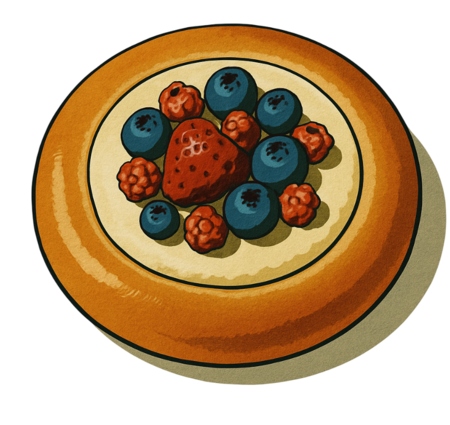
The Susdal valet is famous for its unusual size, rich in filling, and deep historical roots. The recipe is believed to have appeared in Suzdal Monasteries. There was a whirlwind baked for the holidays, especially for Easter and Trinity. At some festivals in Suzdal there are master classes in the baking of vats, and even competitions for the biggest trench.
Details: Material: Ceramic Appointments: Piece Diameter: 17 cm Height: 2 cm Figure: — Decol in the centre of the «Tradition Wagon of Susdal» — Reelef on the sideboards — simulating the wave of the Kamenki River
«But it’s a lot of jelly.»
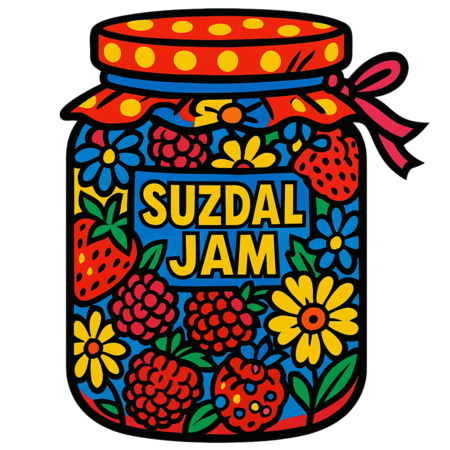
In Suzdal, jam is not just a sweet bonus, but part of a gastronomic tradition. The very name «suzdal jam» is associated with unusual tastes, including famous cucumber jams, and jams of local berries and flowers. Suzdal raspberry with vanilla, Vladimi cherries with rum, bleached, crisp, cranberry, is an excellent addition to crutches and sweet pretzels.
Details: Material: Ceramic Appointments: Jem Cup Diameter: 10 cm Height: 15 cm Figure: — Decol in the center of Berry Bang
«LOCK PLAYING» (Vafe Towels)
A set of cotton towels with a pattern of cucumbers and varnishes creates a comfortable and original atmosphere in the house, adding bright and fun accents to the kitchen interior. The pattern of cucumbers and rubbish is both a playful and traditional motive that emphasizes the connection with Russian cuisine and culture, creating an atmosphere of domestic warmth and hospitality.
Details: Material: Cotton Appointments: Kitchen Towels Size: 50*70 cm Figure: — Decol image of Susdal Wagon and Cucumbers
«CLOSING» (animal bowl)

The bowl for animals on lion’s legs is a perfect match for history and aesthetics, a combination of tradition and modern design, with an emphasis on Suzdal’s symbols and Russian culture.
Details: Material: Ceramic Appointments: A bowl for animals Diameter: 12 cm Height: 6 cm Volume: 300 ml Figure: — Decol as a bone on the face of the bowl
